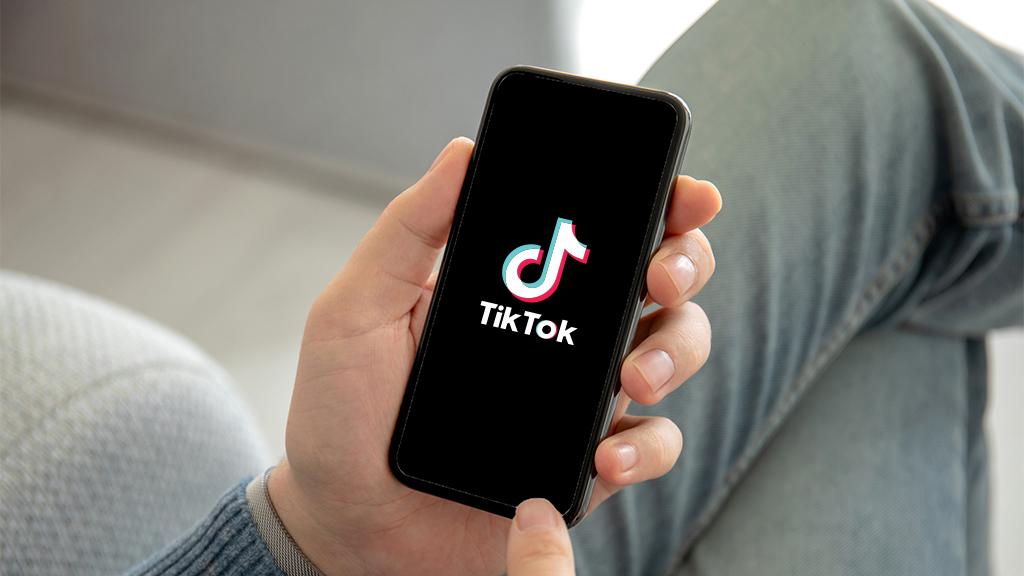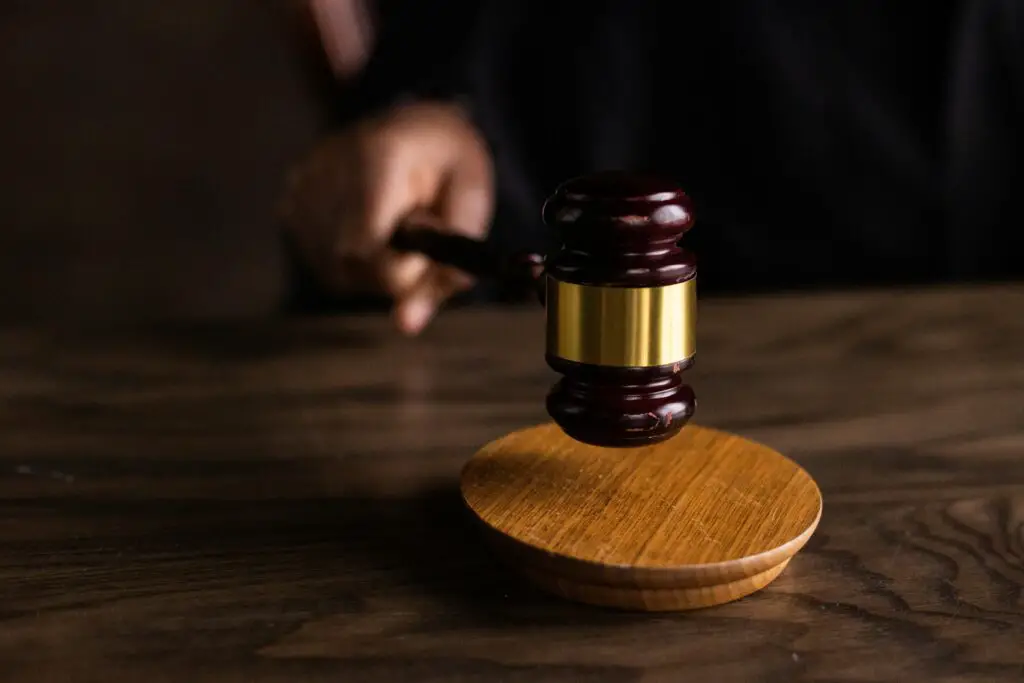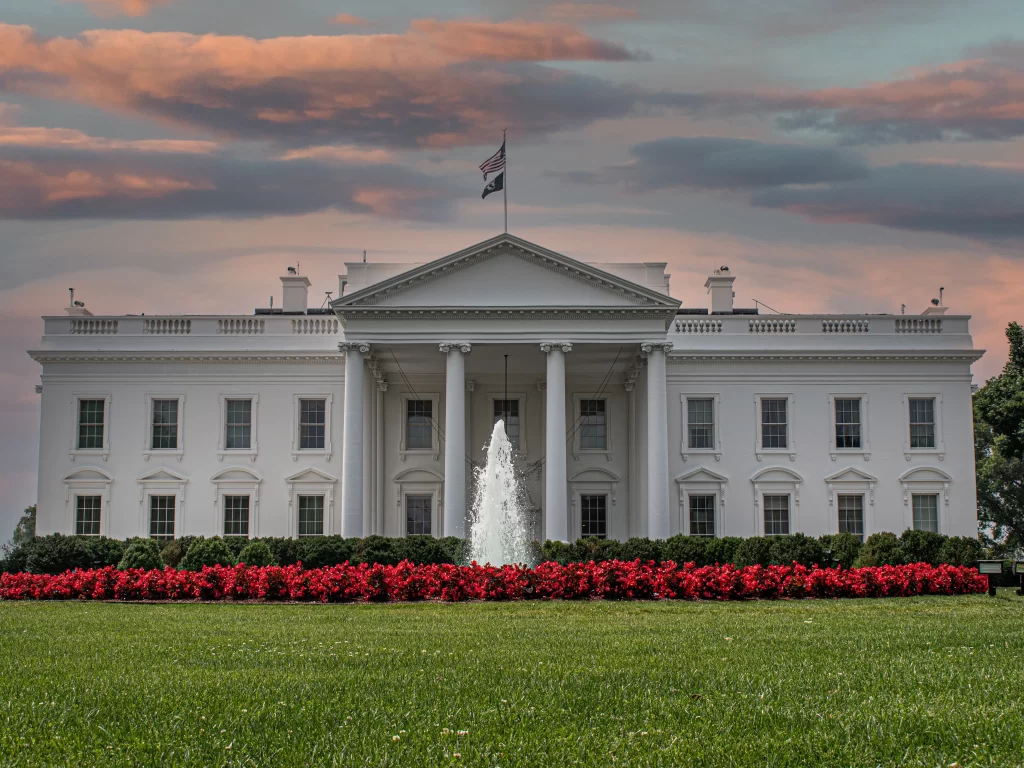Related Posts

TikTok, the global phenomenon, has captivated millions with its short-form videos, becoming a staple in digital culture. Originating from China under ByteDance, its international reach has sparked adoration and scrutiny. Amidst soaring popularity, U.S. lawmakers have raised alarms over data security, raising suggestions to ban TikTok.
This concern has culminated in a bipartisan bill with a clear message: national security is paramount. This legislation could see TikTok banned on American soil, underscoring the growing vigilance against potential cyber threats from foreign technology.
This article will explore this pivotal moment, explain the TikTok ban approved by the White House, and the possible outcome of this bill. Read on!
TikTok’s Data Privacy Concerns
TikTok, a social media app developed by the Chinese company ByteDance, has seen explosive growth since its international release in 2017. Its unique algorithm and engaging content quickly attracted millions of users worldwide.
However, the app’s rapid ascent also raised early warnings from cybersecurity experts about the potential misuse of user data, especially considering China’s 2017 National Intelligence Law, which could compel Chinese companies to support and cooperate with state intelligence work.
U.S. Government Scrutiny and Actions
Concerns escalated when U.S. officials began to scrutinize TikTok’s data handling practices. In 2019, the U.S. government launched a national security review of TikTok through the Committee on Foreign Investment in the United States (CFIUS).
The investigation focused on acquiring Musical.ly, a platform merged into TikTok, and whether American users’ data was being compromised.
Trump Administration’s Executive Order
The tension peaked in 2020 when then-President Donald Trump issued an executive order that sought to ban TikTok unless ByteDance divested its U.S. operations to an American company.
This move was part of a broader strategy to counter what the administration perceived as a growing influence and security threat from Chinese technology companies.
Biden Administration’s Continued Concerns
The Biden administration inherited these concerns and maintained a firm stance. In 2022, Congress enacted a ban on TikTok from federal government devices, citing ongoing fears about data privacy and national security risks. This action reflected a bipartisan consensus on the potential dangers posed by the app’s data practices.
Recent Developments and Legislative Actions

In recent years, TikTok has faced multiple congressional hearings, where lawmakers have grilled the company’s executives over data privacy and the app’s relationship with the Chinese government.
Despite TikTok’s assurances and efforts to store U.S. user data domestically, skepticism remains high among U.S. policymakers. Therefore, lawmakers recently unveiled the “Protecting Americans From Foreign Adversary Controlled Applications Act.”
This bill was introduced by Mike Gallagher (R-Wis.) and Raja Krishnamoorthi (D-Ill.), who are considered two of the country’s top lawmakers on the House Select Committee on the Chinese Communist Party.
Nevertheless, the bill identifies ByteDance, the parent company of TikTok, as an application controlled by a foreign adversary. It urges BteDance to divest its platform or face a permanent ban that makes it illegal for app stores to host the app on their platform.
Besides banning TikTok, if this bill gets implemented, it creates a bigger framework that allows the U.S. president to identify other apps controlled by foreign adversaries.
Arguments Supporting The Bill
The “Protecting Americans From Foreign Adversary Controlled Applications Act” is one of many efforts the U.S. has made to get the app out of Americans’ phones. Despite the previous failures, lawmakers are confident this new bill will succeed.
The National Security Council spokesperson gave a statement on the recent development. They said:
“The Administration has worked with Members of Congress from both parties to arrive at a durable legislative solution that would address the threat of technology services operating in the United States in a way that poses risks to Americans’ sensitive data and our broader national security. “
They added, “This bill is an important and welcome step to address that threat,” emphasizing their confidence in the decision.
The White House Supported The Bill

Shortly after lawmakers rolled out the bill, the White House gave its opinion on the policy, calling it a “welcome step.” The Biden administration further promised to support and strengthen the bill to ensure its implementation.
This level of support underscores the gravity with which the Biden Administration views the risks associated with foreign technology, particularly from China.
However, despite the White House’s approval, many are unhappy with the policy, especially a spokesperson for TikTok.
TikTok Responds To The New Bill
In an outraged response, TikTok’s Alex Haurek criticized the proposed legislation, labeling it a thinly veiled attempt to ban the app. He argued that such a move would infringe on the First Amendment rights of its vast user base and economically impact many small businesses that leverage the platform for growth and job creation.
However, proponents of the bill assert that it grants ByteDance a five-month window post-enactment to divest TikTok’s U.S. operations, thus allowing it to continue functioning. Failure to comply would result in TikTok being outlawed on U.S. app stores and web hosting services, effectively cutting off user access.
Implications of the Bill
The proposed TikTok ban approved by the White House could significantly disrupt the platform’s vast user base and content creators.
Users would lose a beloved community and network, which has become a central part of their daily digital interaction and a source of entertainment. The ban would disrupt established networks and challenge the social identity and influence many have cultivated on the platform.
Content creators, in particular, would face substantial economic repercussions. Those who depend on TikTok for their livelihood through brand partnerships and creator funds would need to seek alternative sources of income.
The transition to other platforms may be challenging, as alternatives offer a different level of engagement or monetization potential than TikTok provides.
The bill also raises concerns regarding freedom of expression. TikTok’s spokesperson highlighted potential First Amendment violations, which is a common argument against the social media ban in Florida.
From a market perspective, TikTok’s absence could reshape the competitive landscape of social media, potentially benefiting other platforms and possibly stifling innovation and diversity in the market. The ban could set a global precedent for how the U.S. interacts with foreign technology, influencing international trade and diplomatic relations.
Conclusion
Social media apps like TikTok have become integral to online communication, evidenced by its staggering 672 million downloads in 2024. The potential removal of such a platform could significantly destabilize cyber communication and disrupt businesses that rely on TikTok for customer engagement and revenue.
But on the other hand, the TikTok ban approved by the White House reflects a growing concern over data privacy and national security. The “Protecting Americans From Foreign Adversary Controlled Applications Act” underscores the U.S. government’s commitment to safeguarding personal data from foreign entities deemed adversarial.
Ultimately, the debate surrounding TikTok’s future in the U.S. is not over. Still, many are confident that the bill will not go far or that both parties will reach a compromise.

[…] The TikTok Ban Approved by the White House: What You Need to Know […]